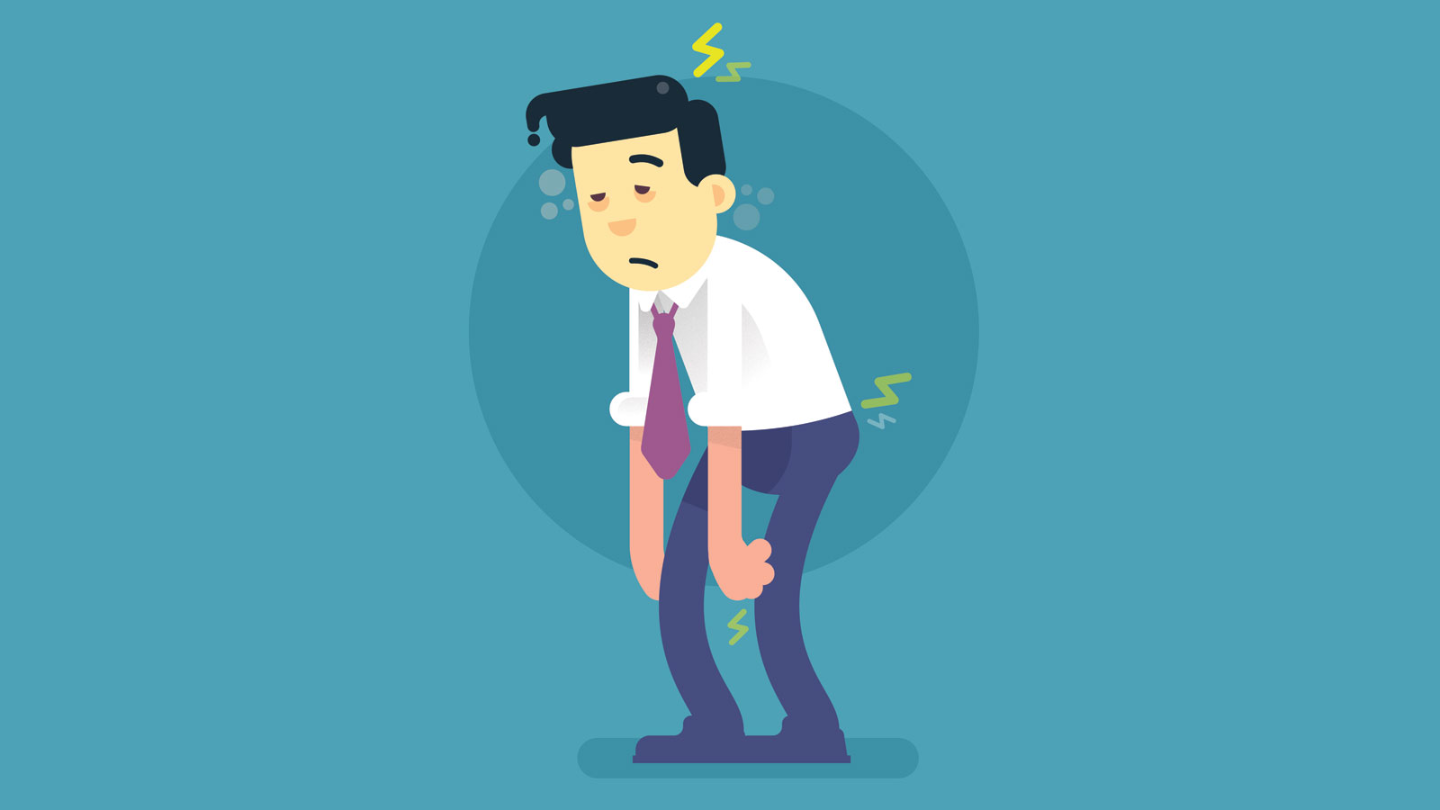Beyond the Chill: Understanding Raynaud's Phenomenon
JAN 29, 2026Raynaud's phenomenon is a rare disorder that affects the blood vessels, most commonly in the fingers and toes, but sometimes also in the nose, ears, or lips.
Read More
Type 2 diabetes can be tricky. Sometimes this metabolic disorder can be active - with telltale blood sugars spikes and insulin resistance -- without demonstrating obvious symptoms. That's why the disease is often dubbed "silent." Not everyone notices when blood sugar levels are high. Some feel no symptoms at all as the disease slowly progresses.
When this happens, it's called uncontrolled diabetes, and the resulting damage can affect nearly every organ in your body. The disease can even be both uncontrolled and undiagnosed. Of the 30 million adults with diabetes in 2015, more than 7 million were undiagnosed.
That's why it's important to pay attention to these signs that may mean type 2 diabetes is wreaking havoc, and see your health care provider as soon as possible to prevent complications.
When blood sugar builds up in your system, your kidneys try to get rid of it by flushing excess sugar out with urine. Besides making extra trips to the bathroom, you may end up feeling dehydrated or dizzy.
This is caused by a chemical called acetone, which is produced when blood glucose is high and the body breaks down fat for energy. It's also a sign of ketoacidosis, a serious complication which occurs when the body produces excess blood acids called ketones.
Decreased glucose metabolism can make you extra hungry while not causing weight gain, or even causing weight loss.
Diabetes impairs your body's ability to resist infections and can slow healing. If you are having frequent urinary tract infections or other infections, make sure to let your primary care provider know.
When sugar stays in the blood rather than getting into cells where it is used for energy, it can result in fatigue.
High blood sugar causes the lenses in your eyes to swell, changing their shape and resulting in difficulty focusing and blurred vision.
Nerve damage called diabetic neuropathy can cause tingling and numbness of extremities.

Raynaud's phenomenon is a rare disorder that affects the blood vessels, most commonly in the fingers and toes, but sometimes also in the nose, ears, or lips.
Read More
Winter brings beautiful snowy landscapes and cozy evenings, but the cold, dry air—indoors and out—can be harsh on our hands, leading to dryness, cracking, and even more serious issues like frostbite. Protecting your hands is crucial for comfort and s...
Read More
While BMI can be a useful screening tool for populations, relying solely on this single number to define an individual's health and dictate weight management strategies is outdated and often misleading.
Read MoreWhen you need local health information from a trusted source, turn to the CHI Health Better You eNewsletter.